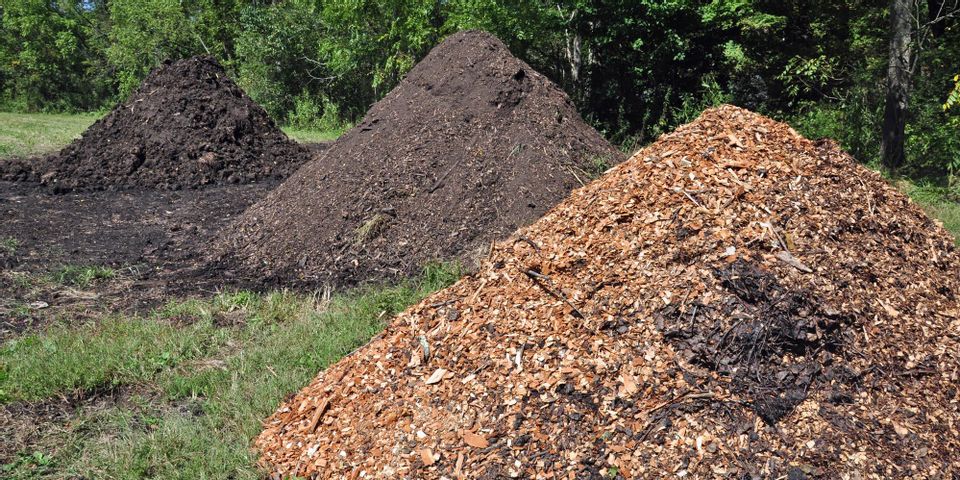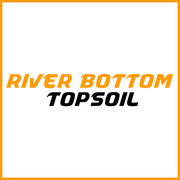
Mulch used to be considered any organic matter spread over the soil as a covering, but now there are also non-organic mulches. These coverings all have unique benefits, so determining if it will work for you depends on where you want it, what you’re covering, and where you get it. This guide will cover some of the more common mulches and their benefits.
Organic Mulches
The main advantage of most organics is their ability to decompose. The process adds nutrients and enriches the soil. Bark has a lot of staying power, but that means it does not decompose very quickly, and it has to be moved every time you want to add plants to the area.
 Compost is one of the best organics and is full of nutrients since it has already started the decomposition process; however, more must be added consistently. It absorbs into the soil quickly, and if it rains, you may have to replace the majority of it. Since newspapers have started using organic dyes on their black-and-white pages, it has become a favorite for gardeners. Laying a couple of sheets down on top of each other traps moisture into the soil, and it resists bugs and weeds.
Compost is one of the best organics and is full of nutrients since it has already started the decomposition process; however, more must be added consistently. It absorbs into the soil quickly, and if it rains, you may have to replace the majority of it. Since newspapers have started using organic dyes on their black-and-white pages, it has become a favorite for gardeners. Laying a couple of sheets down on top of each other traps moisture into the soil, and it resists bugs and weeds.
The Inorganic & Synthetic
Gravel and stone can add a nice atmosphere to the walkway. The stones can retain heat and kill the seeds underneath it, which is great if you’re growing anything; it will kill grass and weed seeds. Plastic and landscape fabric work well to kill weeds, but weed seeds can fly in and land on top of the plastic, therefore creating a new level of weeds to take care of.
If you’re looking for mulch to grow your garden or to enhance a walking path, turn to the experts at River Bottom Topsoil in Troy, MO. For over 20 years they’ve helped the communities of Lincoln, Warren, and St. Charles in beautifying their surroundings. They have more than just mulch; they also carry sand, topsoil, quarry rock, fill dirt, and decorative rock. Visit their website to learn more about their services or give them a call at (636) 462-5331 for a free estimate.
About the Business
Have a question? Ask the experts!
Send your question

